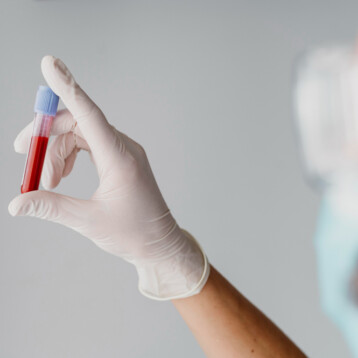
Technology has always transformed how medical services been delivered. This isn’t surprising given the need for precision and the low tolerance for errors in the healthcare industry. It’s therefore not too difficult to predict what technologies will influence healthcare the most in coming years.
· Robotics
Robotics is already a huge talking point at the moment as the world braces for the transition of many jobs from humans to robots. Even though robots might not replace as many jobs in the healthcare industry as they will in other sectors, they will certainly play a bigger role in the future.
Microrobots, in particular, will provide a level of access and accuracy that goes beyond what a doctor can currently do unassisted. One area where their application is being tested is in retinal surgery and the management of genetic eye conditions.
· Virtual Reality
Virtual Reality (VR) will be adopted on both the patient’s side and the doctor’s side. For patients, VR can be a tool for alleviating discomfort during a painful procedure such as a vaccination. The VR would whisk away the patient to a serene virtual paradise and take their thoughts away from the present agony of their treatment.
For doctors, VR is useful for training and simulation. Surgeons can practice a surgery and familiarize themselves with what they need to do days or weeks before they get to the operating table.
· Automated and Remote Diagnosis
Research is already at an advanced stage to create gadgets that can automatically diagnose certain health conditions by capturing and analyzing the patient’s vital signs. The goal is to minimize and eventually eliminate the need for the involvement of a healthcare worker. Even when a doctor’s intervention is necessary, they can evaluate key data points and make an informed diagnosis without necessarily being physically present.
Such devices will be designed for use at home and will leverage the Internet of Things in capturing and disseminating data. Given the potentially fatal consequence of an incorrect diagnosis, devices that do gain acceptance will be those whose quality has been reviewed by an independent third party such as EMMA International: Leading FDA Compliance Consultant.
· 3D Printing
3D printing has taken manufacturing and tech industries by storm. Healthcare could be the next frontier. For instance, orthodontists have already started relying on 3D printing to produce perfectly fitting dental crowns after scanning the patient’s teeth to generate the right impressions.
3D printing is also finding application in building personalized hearing aids and even in the production of epilepsy drugs that are easier to swallow. Considering the diversity of medical equipment that could be 3D printed such as portable medical headlights, we are only scratching the surface of the vast array of possibilities.
3D printing is also finding application in building personalized hearing aids and even in the production of epilepsy drugs for patients stricken by all types of seizures that are easier to swallow. Considering the diversity of medical equipment that could be 3D printed such as portable medical headlights, we are only scratching the surface of the vast array of possibilities.
· Drones
Online retail giant Amazon caught the world’s attention when they announced plans to use drones to do their deliveries. While this is perhaps not that surprising to hear in America, something is happening further away that offers a glimpse of how drones could change how healthcare is delivered.
Rwanda has set up the world’s first (and so far, only) drone delivery service for medical supplies. Urgent items such as blood products can be rushed to patients when they need them thus reducing the need for multiple storage facilities.
While the unavailability of infrastructures such as road and rail makes this solution ideal for developing countries, it can still be applied in more advanced economies to drastically cut delivery times and costs. Ireland is already examining this model’s viability, an indication of the enormous benefits.
Each of the above technologies is already making its mark in the healthcare and this will only continue to grow. Given the sensitives around healthcare, expect adoption to move much slower than it would in other industries. Products will have to be thoroughly tested and get clearance from relevant regulators before they are deployed.










